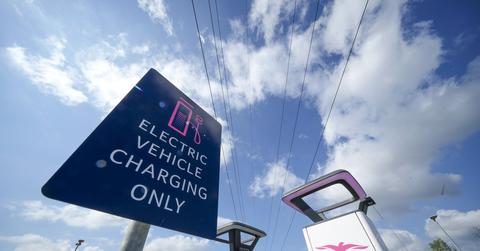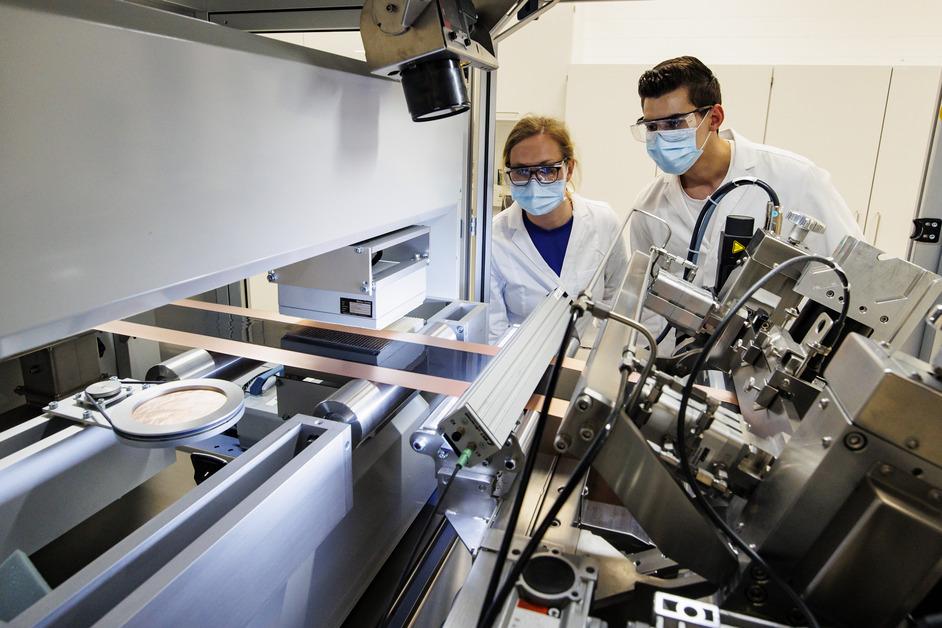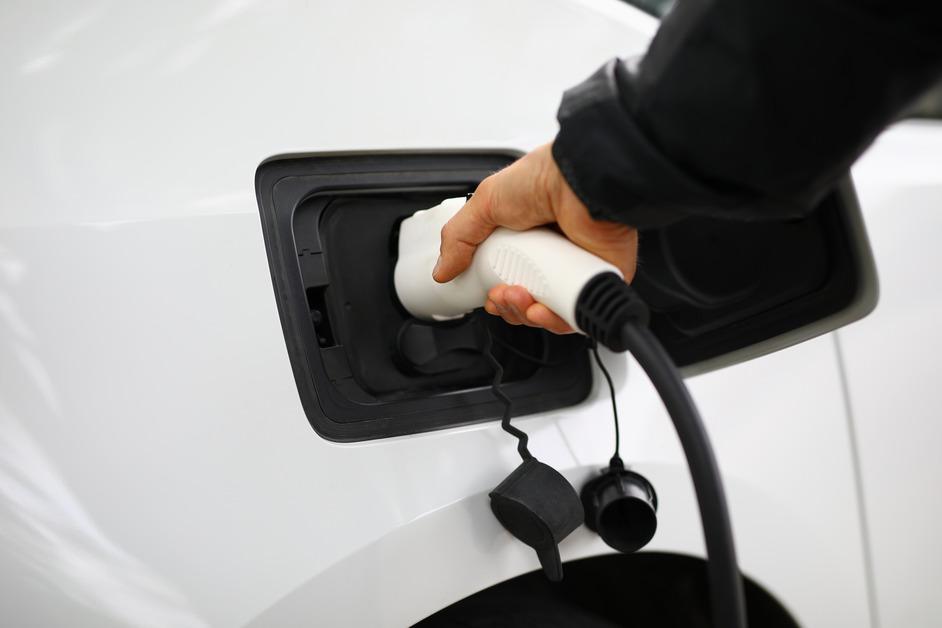The Federal Tax Credit for Electric Cars Is Changing in March 2023: What You Need to Know
Published Jan. 31 2023, 11:09 a.m. ET

Prior to 2023, among the many incentives involving buying an electric vehicle was a tax credit. However, with the new 2022 Inflation Reduction Act, the federal tax credit for cars in 2023 will look different.
How does the current tax credit work?
According to the IRS, “You may qualify for a credit up to $7,500 under Internal Revenue Code Section 30D if you buy a new, qualified plug-in EV or fuel cell electric vehicle (FCV).”
However, The Inflation Reduction Act of 2022 has altered the rules for vehicle purchases between 2023 and 2032.
Currently, the clean vehicle tax credit largely depends on your income tax. This means the $7,500 figure is not entirely accurate for everyone. The first step is owning a qualified vehicle, which is all listed on the IRS website. An EV owner will really only get the full credit if their federal tax liability adds up to at least $7,500, per CNBC.

There are some rules beyond this as well.
Gross income requirements: A married couple filing for joint taxes cannot have a modified adjusted gross income of larger than $300,000. A single filer cannot exceed $150,000, and heads of households cannot exceed $225,000, per the IRS.
Vehicle pricing requirements: Vans, sport utility vehicles, and pickup trucks retailed at over $80,000 do not qualify, as well as any other vehicle retailed at over $55,000, per the IRS.
North American manufacturing requirements: In order to qualify, the vehicle must have been assembled in North America, which can be verified by plugging the Vehicle’s Identification Number (VIN) into the U.S. Department of Energy’s database, per the IRS.

What is changing for the EV tax credit in March 2023?
Coming soon in March 2023, two main rules are being added by the IRS. According to Electrek, the main changes to the vehicle credit have a lot to do with the manufacturing materials and components of the vehicle battery.
Half of the credit is based on the fact that 40 percent of the critical battery minerals must be from the U.S. or countries with free trade agreements with the U.S. The other half of the credit is included if at least 50 percent of the battery components come from the U.S. or a country with a free trade agreement with the U.S.

So, if you meet one of these requirements, you could be eligible for $3,750. And if you cover both, you could receive the full $7,500.
These percentage requirements are set to increase each year, possibly rising to 40 percent battery mineral requirements, and 60 percent battery component requirement in 2024, per Electrek. This is to ensure your EV really has a positive impact on the planet.

However, until March, The U.S. Department of Energy says that beginning Jan. 1, 2023, the credit will depend on the battery capacity, as stated on their website, “...the available CVC tax credit amounts to a base amount of $2500 plus, for a vehicle that draws propulsion energy from a battery with at least 7 kWh of capacity, $417, plus an additional $417 for each kilowatt hour of battery capacity in excess of 5 kWh.”
So just make sure to do your research on the car beforehand, if the tax incentive is important to you.